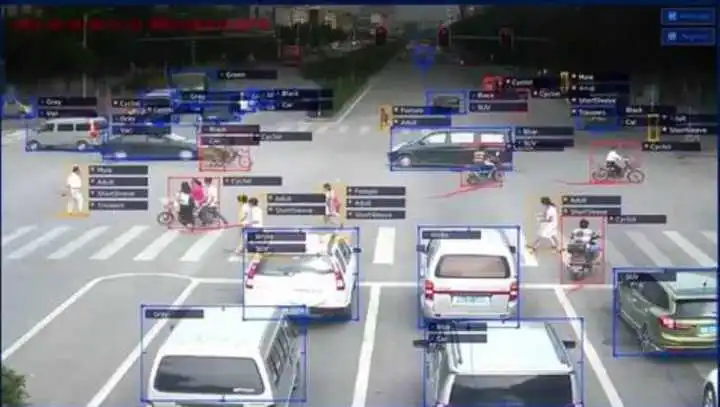A machine learning algorithm in Sun Yat-Sen University to assist Guanzhou Police Department that used high-definition surveillance cameras to identify people of interest.
Once when I was on a highway in China, I had to pull into the emergency lane because of a flat tire. My phone rang a minute later with an officer on the line addressing me directly by name and asking if I needed help. The exchange captured for me the cultural divide between East and West: although being addressed by name might make an American feel like their privacy has been violated, I – and I believe the vast majority of Chinese people – would not mind the state being able to identify me.
All societies have struggled to balance the power of technology with the need for privacy. From the time I was a child to the present, I have seen this struggle play out. Contrary to popular perceptions in the West, I know that most Chinese people care about their privacy and freedom and expect the authorities to protect their data. Accordingly, the government implemented the Protection of Personal Information Law on November 11th, 2021. The law not only acknowledges the public’s right to personal privacy, but also restricts the access of government agencies and official bodies to personal data by mandating public supervision.
From my perspective, China’s government has been much more intentional about data privacy and protection than America’s. While personal data is largely known by the government, it is not readily available to large corporations in the same way as American technology companies. Despite the frequent comparisons of China’s government to adystopian novel like 1984, their push to increase regulations on companies using individual data has actually done more to reassure me than the opacity with which American companies operate.
From my time in America, I felt how skeptical people were about government surveillance. But having grown up in China, I saw how mass surveillance could actually be an opportunity to enforce a uniform legal standard that is unbiased, procedurally fair, and fair in outcome. When I was invited to work with the Guangzhou Police to turn the city’s countless cameras into a single neural network, I immediately understood that if this omnipotent tool could be put in a regulatory cage, we could safeguard the norms of freedom and privacy while keeping society safe.
We designed the system to only be searchable by officers with a unique ID and search logs that would be regularly audited by multiple police and legal departments in accordance with the law. Even knowing that the proliferation of this kind of power has risks, I believe this project will deter future criminality and become a bold tool in our search for peace and harmony.
Today I recognize that, as a developer, my responsibility is larger than just developing a functioning program, but to balance this pursuit with the other objectives of a good society. I believe that graduate school will be an excellent opportunity for me to further understand this idea, about how to build software that would result in a better, more harmonious society for all.

